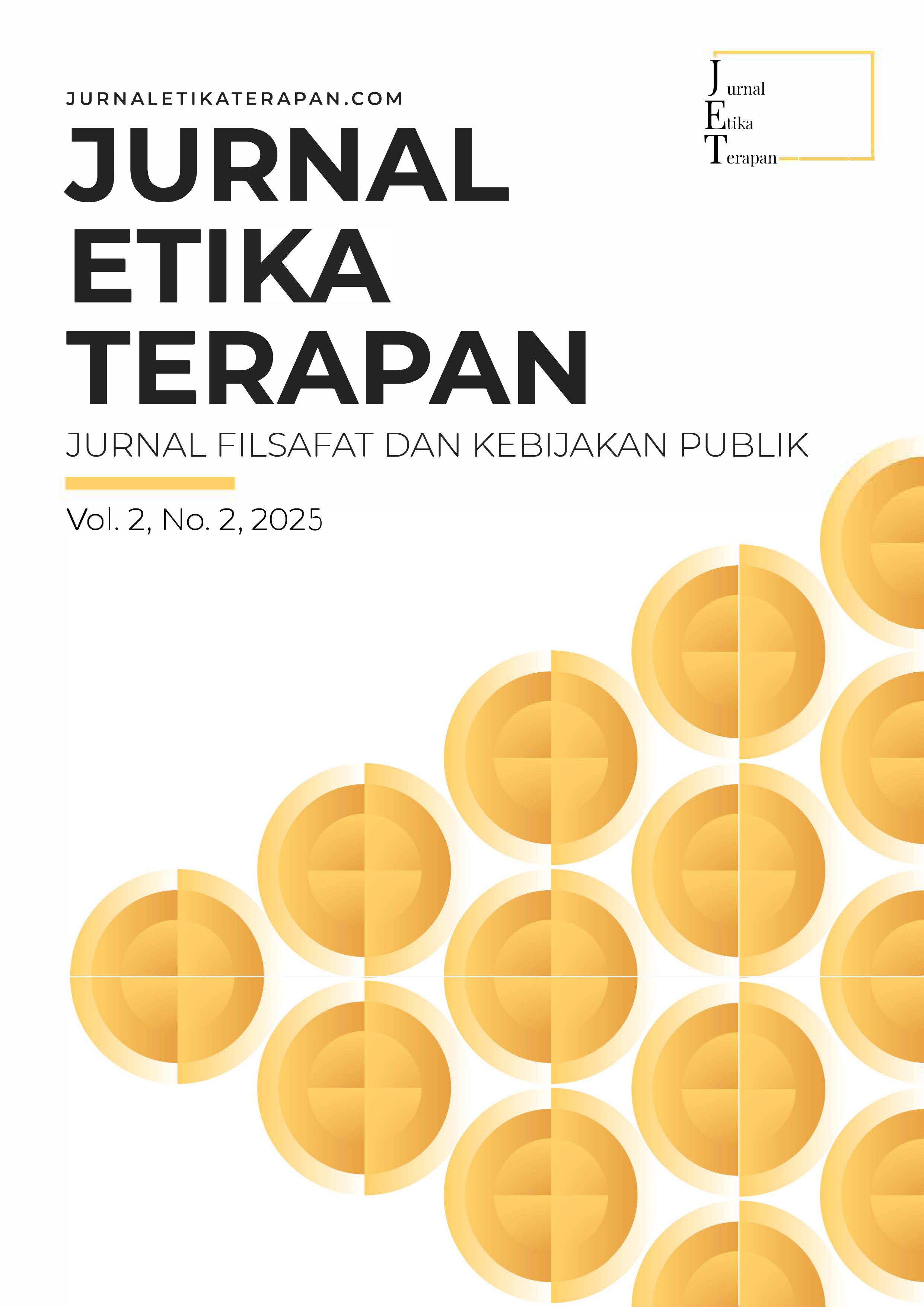Simulated Aesthetics
A Critical Study of Art Ethics in AI Visual Products
Keywords:
philosophy of art, artificial intelligence, contemporary aesthetics, applied ethics, digital artworkAbstract
This research is driven by the emergence of artificial intelligence (AI)-generated artworks, which have gained increasing prominence within contemporary artistic practices and have provoked a wide range of responses from both the public and art institutions. The primary objective of this study is to investigate the ethical status of AI-based artworks, as well as their implications for the understanding of art, artistic practice, the role of the artist, and the construction of aesthetics within the framework of contemporary art philosophy. Employing a qualitative approach through the method of philosophical analysis, this research centers on contemporary aesthetic theories. Data were collected through a comprehensive literature review encompassing philosophical discourses on art and relevant contemporary case studies. This study found that although AI-generated works are capable of producing visually compelling aesthetics, they cannot yet be considered fully-fledged works of art from either an ethical or philosophical standpoint. This is primarily due to the absence of human intentionality, authentic aesthetic experience, and moral responsibility within the process of creation. The researcher proposes a renewed conceptual framework by positioning copyright as a symbolic boundary between human creation and machinic production, and recommends an ethical model that assesses art not solely by its visual outcome but by its reflective and historical process. The novelty of this research lies in its reinterpretation of contemporary art philosophy to formulate an ethical position toward AI-based art on a conceptual, not technical level.
Keywords: Philosophy of Art, Artificial Intelligence, Contemporary Aesthetics, Applied Ethics, Digital Artwork.





